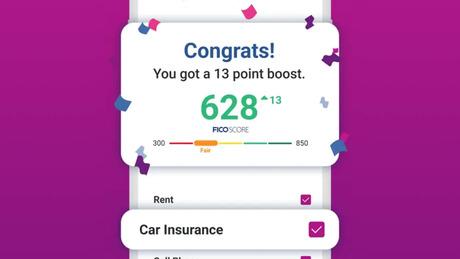Artificial Intelligence (AI)
What is Artificial intelligence (AI)?
AI is the use of computers to engage in problem-solving and decision-making. Unlike traditional computing technology, AI can detect patterns in data, then learn to make predictions based on those patterns. It can then learn from its outcomes so that its predictions improve over time. Once trained by humans, AIs can go learn and improve on their own. The more data you give an AI system, the better it can learn and improve. This process is called machine learning.
AI in adtech means technologies that smartly collect, analyze, and apply data for marketing and ad monetization with the help of algorithms.
AI can be very simple, like Google’s AI editors that detect spelling and grammar issues in real time when users are drafting email and documents, or a revenue tracking app that automatically parses numerical data and alerts on any values over or under a certain amount.
AI can also be more complex, such as software trained to monitor and automatically adjust in-app bidding to ensure the best balance of traffic volume and revenue, or AIs like ChatGPT or DALL-E creating ad copy and design drafts on the basis of human prompts.
How is AI different from machine learning?
AI is a broad term that refers to all kinds of applications of computers to engage in problem-solving and decision making, while machine learning refers to a specific process: the use of data to “learn” and improve their functioning. In other words, machine learning is one aspect of AI, but it is not synonymous with AI.
Why is AI important?
AI technology has already made a big impact on the adtech industry. Whether they know it or not, most people currently working in digital advertising use AI-augmented technologies every day.
By using a range of programming methods to create intelligent systems that learn and problem-solve, humans are able to create AIs capable of performing tasks that have previously required human intelligence.
For example, AI can be used to automate tasks that humans used to have to complete manually, such as:
- Allocate advertising budgets, across both channels and audiences
- Adjust advertising budgets automatically to hit KPIs
- Find new audiences and conversion opportunities
- Calculate and hit campaign goals
- Collect and analyze key data about competitors’ ad spend, creatives, and strategies
- Create ad copy and ad creatives
- Draft ad messages and images to appeal to specific consumers
- Enable precision ad targeting
- Predict ad performance before launching campaigns
When AIs are trained to complete these tasks, they can often do this with greater accuracy than humans. They can also handle massive amounts of data quickly, which both saves time and increases efficiency.

